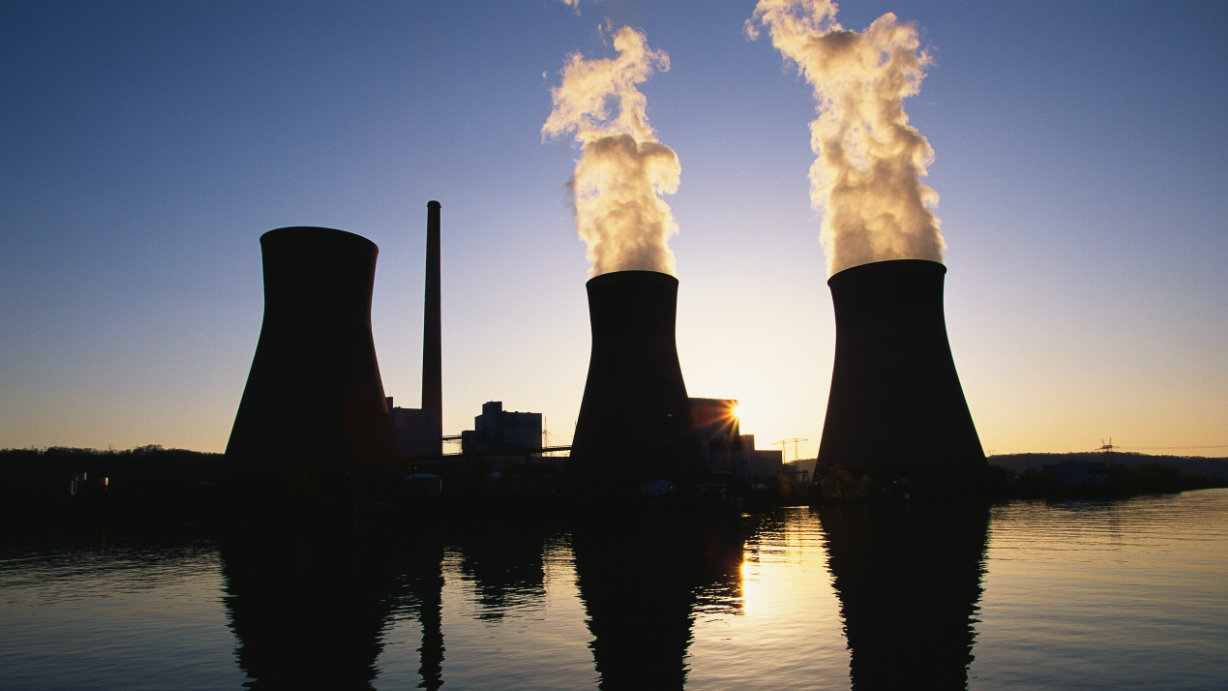We Urgently Need to Find a Replacement for King Coal’s Disappearing Jobs
The story of Appalachia is central to the story of America.
And this American story is currently in jeopardy.
When we consider what it means to be American, what it is to achieve the American Dream, we can look to Appalachia as an embodiment of these values.
For decades, Appalachia’s story has been the story of coal – communities centered around powering the nation.
Yet over the last several years, the story has turned to that of coal’s inevitable decline. As we move beyond coal, we cannot ignore coal’s impacts on our communities, nor the importance of building a just path forward for a vibrant Appalachia.
The effects of coal’s decline reverberate through our whole economy. Like all parts of America, Appalachia is full of smart, energetic people who want to work, succeed, and contribute to their communities. But when their economies are inextricably linked to a dying industry, they are left with no place to apply that talent and resourcefulness.
In West Virginia, we have the lowest labor force participation rate and some of the highest poverty and unemployment rates in the nation.
On top of this generational story of struggle, we’re becoming painfully aware of a modern reality: the coal industry will never again be the economic engine it once was.
According to the Bureau of Labor Statistics there were 228,569 coal jobs nationwide in 1980, 131,306 in 1990, 71,522 in 2000, and all the way down to 53,420 in 2016. Many of the jobs that do remain have moved out west and away from Appalachia.
You couldn’t even fill WVU’s Mountaineer Stadium with 53,420 people. Coal’s decline is not something we celebrate here in Appalachia, but it is a reality we can’t ignore.









